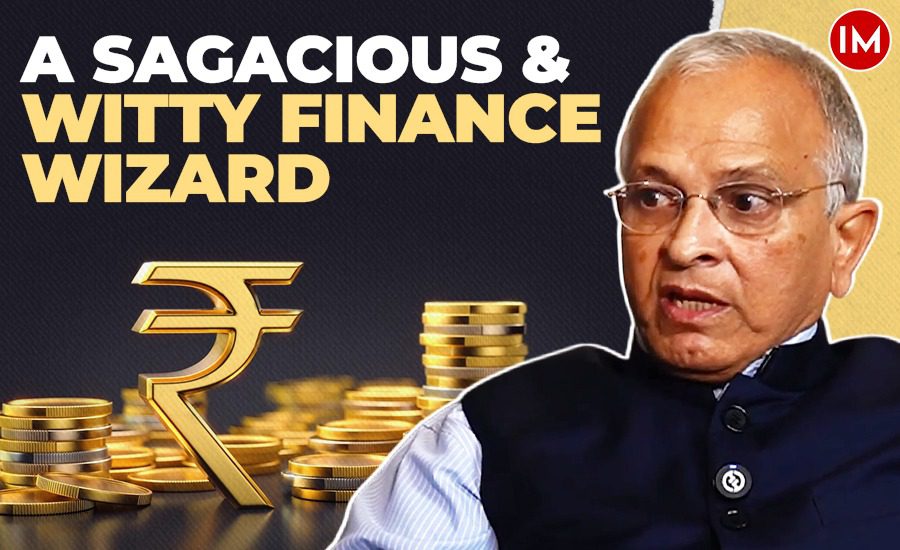An IAS officer is supposed to a wanderer – of places and subjects. They are good managers, especially man-managers. That’s why they aren’t needed to be specialists of any subject. It therefore comes as a surprise that Mr Vivek Mehrotra spent better part of his administrative life in the finance ministry, either in Haryana or at the Centre. Out of 36 years of his career, he worked over 20 years in the finance ministry. He spoke to Indian Masterminds recently.
Please watch the full interview by clicking here…
But, he does have his share of dos and don’ts for IAS officers, if they wish to remain honest and hardworking. Those who often complain about political interference in bureaucracy, should definitely listen to Mr Mehrotra. What are the five skill-sets he recommends for each IAS officer to possess – and these certainly don’t include flattery or blind obedience.
What they should do when they are posted in the state government and what they should expect when going to the Centre on deputation. Mr Mehrotra has a recipe for almost every situation. And it is a great learning for young officers. Why should one burn own fingers when he can learn from somebody else’s mistakes.
How important is field posting for an IAS officer? “Linkage with the masses is very important. The rotation from state to centre and vice versa, bring knowledge of the problems and aspirations, solutions and workable solutions besides helping in formulations of workable policies”, says Mr Mehrotra.
Second important skillset isinter-departmental coordination. As SDM and DC one is coordinating with field officers of various departments in a harmonious manner. They also manage scarce resources and yet coordinate with various departments in the field, to achieve common outcomes or a common administration. This is desirable outcome of an administration. The fact that you have members of same cohort managing various departments, helps in networking and coordination.
How can one face pressure from seniors or political class? Pat comes the answer – You need to draw red lines around yourself – I will not ask for any favour, particular post, transfer, particular house to be allotted, a discretionary quota plot etc. The person shall not ask anything from the political executive and also administrative superiors. You should not be seduced by the allurement of this post or that post. All posts are equal.
Second thing is to draw a template for yourself.One needs to take care of few things while taking an administrative decision — make sure that your decision on allocation of resources, contracts, appointment of people and any advice on a policy, is strictly in accordance with law. Ensure that your decision is based entirely on the merit of the case and nothing else.
Third thing is to ensure that the decision is in public interest, not in private interest of either your own or relative or friend’s, politicians’ orany individual entity. Fourth thing is to ensure that in the past you have not decided differently. Your decisions and approach has to be consistent. And, most importantly, you have to ensure that you don’t change your decision midway through the process. If you do that that will be your funeral.
Politician thinks that he has many options to deal with bureaucrats. They can suspend an officer or take action against him. But, no politician will mess with someone who has been consistent in his approach. There is no such weakness he can exploit.
































